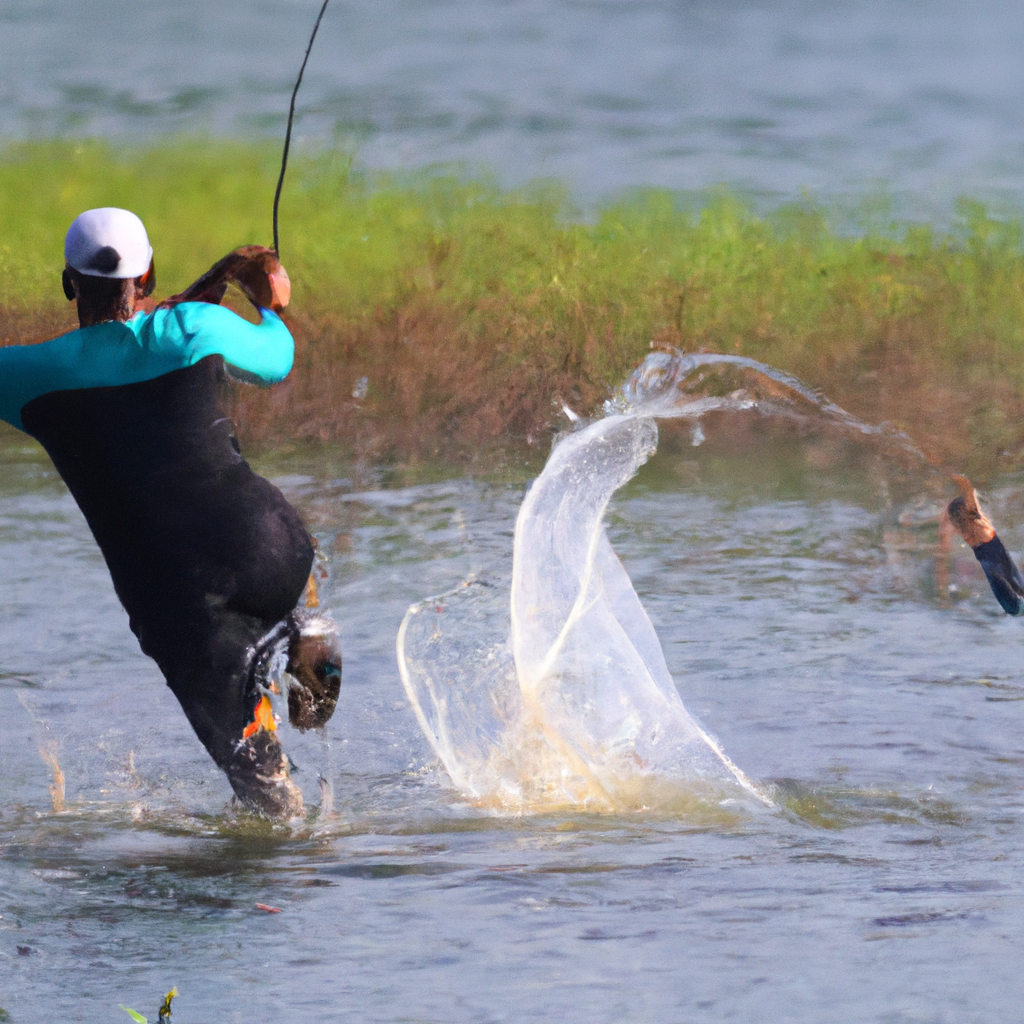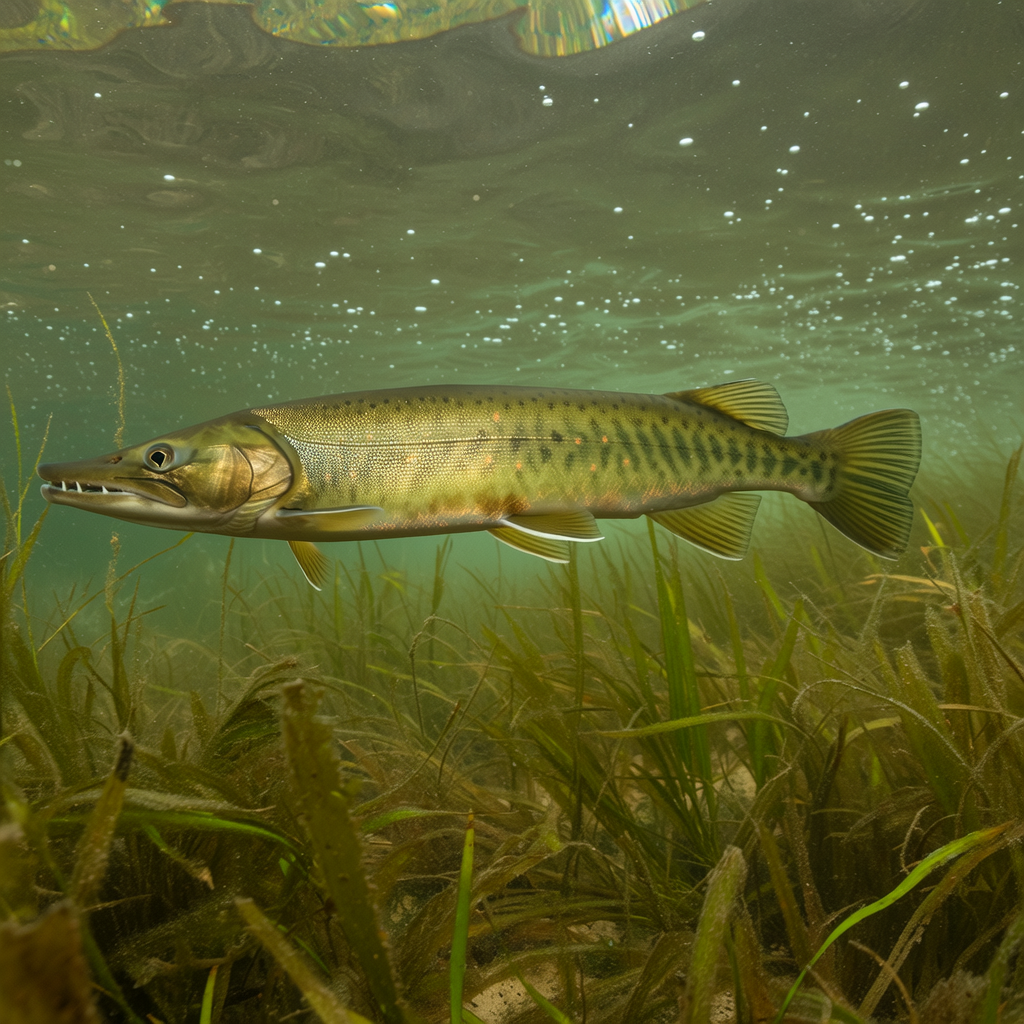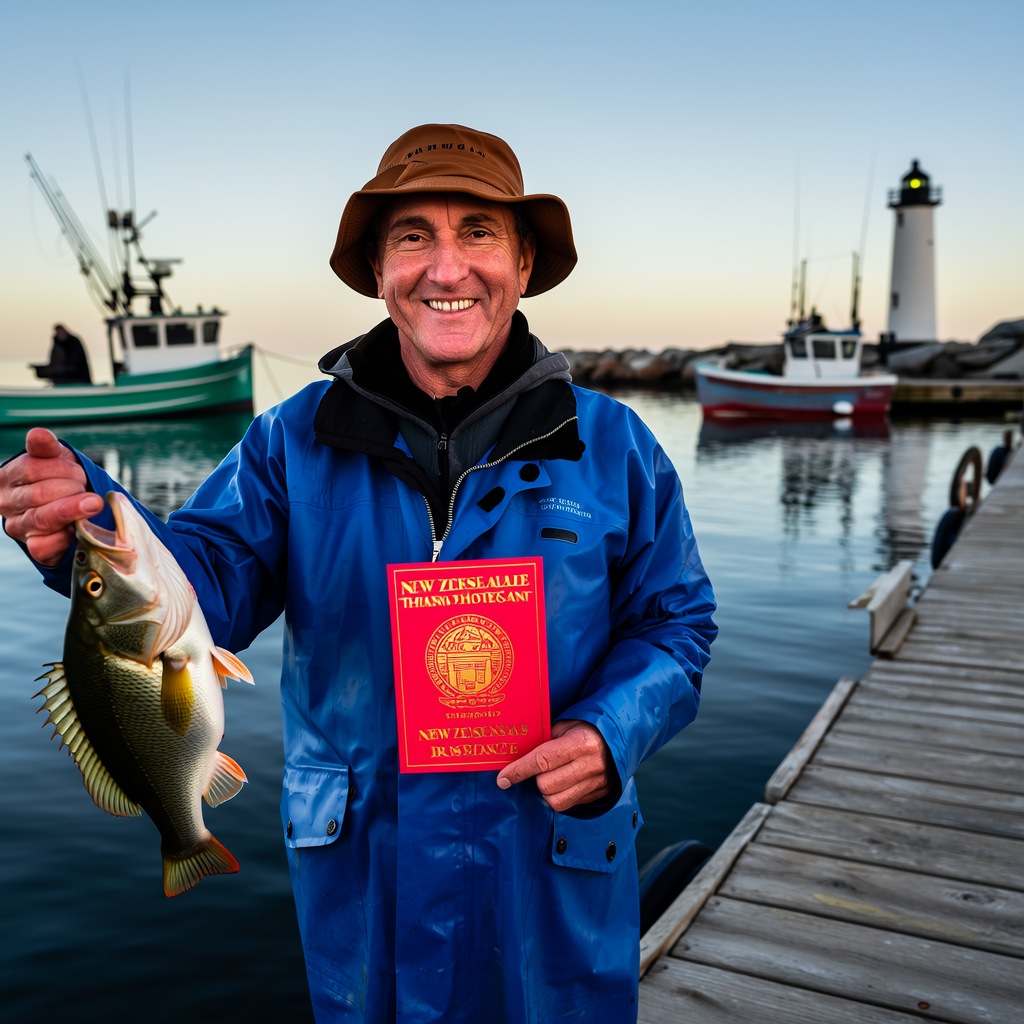This comprehensive guide will discuss the issue of cheaters in fishing tournaments. In competitive fishing, tournament integrity is crucial for fair play and maintaining spirit of sport. Unfortunately, some individuals resort to cheating to gain an unfair edge over other competitors.
Understanding Fishing Tournament Cheaters
It is important to first define what we mean when we say “fishing tournament cheaters.” The term “fishing tournament cheater” refers to individuals who deliberately break rules set by organizers in order to increase their chances of a winning or deceive other competitors. These individuals exploit loopholes or use prohibited methods to gain an unfair advantage.
There are different types of cheaters in fishing tournaments
There are many types of cheaters in fishing tournaments. Each one uses a different strategy to undermine the fairness. Here are some of the most common types to be aware of.
1. Breaking Tournament Rules
Intentional cheating is one type of cheating that involves breaking rules explicitly set by the tournament organizers. This could include using forbidden tools or techniques, exceeding catch limitations, or violating specific geographic boundaries defined for the competition.
2. Misreporting Catches
Misreporting of catches is another form of cheating. An angler willfully exaggerates their catch size or number during a tournament. They may inflate their catch for more points or to deceive organizers and other competitors.
3. Use of banned substances or attractants
Some cheaters use banned substances or attractants in order to increase their chances to attract and catch fish. These substances can be anything from illegal baits to chemicals that increase their fishing success and give them an unfair edge over other participants.
4. Tampering with Tackle
Anglers who are not careful may alter their fishing gear to gain an advantage over other competitors. This could include modifying lures or rigs to increase the likelihood of hooking fish.
5. Collusion with other competitors
Rarely, participants may collude to cheat at fishing tournaments. This could include sharing secrets, coordinating strategy, or even fabricating information collectively in order to deceive the organizers and gain unfair advantage over other participants.
Cheating and its Consequences
Cheating in fishing tournaments can have serious consequences on an angler’s career and reputation. Organizers are serious about cheating and work to ensure a level playing field for everyone. Here are some of the possible consequences that cheaters could face:
1. Disqualification
If a player is caught cheating they will be immediately disqualified from the tournament. This can include expulsion from the tournament in which they are currently participating, as well as possible bans from future events organised by the same entity.
2. Legal Consequences
In extreme cases, cheating at fishing tournaments may have legal consequences. Individuals may face fines, legal charges or even prison time depending on the severity of their cheating. This is especially true if they are involved in fraud or have violated specific fishing regulations.
3. Damage to Reputation
Cheaters can also suffer severe damage to their reputation in the fishing community. Once an angler’s dishonesty has been exposed, word spreads quickly. It is difficult to gain the trust and respect of other anglers, sponsors and organizers.
4. Loss of Sponsorship
Sponsors are important in supporting tournaments and anglers. Sponsors will often cut ties with an angler who cheats, resulting in a loss of support, gear and promotional opportunities.
Preventing fishing tournament cheating
To prevent fishing tournament cheating, organizers, participants and the entire angling community must work together. We can maintain the integrity of fishing competitions by implementing the measures below:
1. Clear and Comprehensive Rules
Tournament organizers should establish comprehensive and clear rules that are free of ambiguity. These rules should cover all possible cheating tactics, and provide guidance on acceptable fishing practices.
2. Rigorous Monitoring during Tournaments
Organizers must employ a strict monitoring system to detect any signs that cheating is taking place. This can include on-water patrols and video surveillance, as well as polygraph tests and strict catch inspections.
3. Participants Education
It is important to educate participants on the consequences of cheating, and the importance of fairness. By creating awareness and cultivating a strong ethical basis, organizers can discourage potential cheaters and promote an honest angling culture.
4. Encourage Whistleblowing
Participants should be able to report suspicious activity or suspicions of fraud. By encouraging whistleblowing by participants, organizers will be able to act quickly and investigate any potential cases. This will maintain the integrity of a tournament.
5. Enhanced Technology
The latest technological advances can help detect potential cheating. Innovations like underwater cameras, GPS trackers, and real-time reporting of catches can provide additional tools to monitor and ensure fair competition.
In conclusion
While cheaters in fishing tournaments pose a threat to the integrity and reputation of the sport, they are a very small minority of the angling population. By being vigilant, maintaining transparency and upholding high ethical standards, we are able to combat cheating and maintain the authenticity of fishing competitions for all participants.




